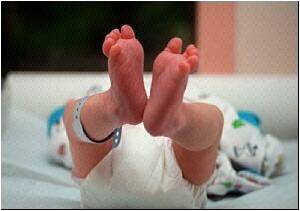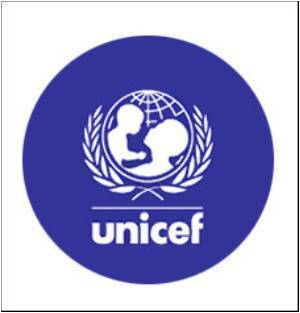Some of the world's wealthiest nations, including the United States, are allowing their most vulnerable children to fall behind, the UN children's agency said Friday.

"When you look at their policies, there is a fragmentation of spending ... not enough is being spent on the poorest families," Gordon Alexander of the Italy-based UNICEF Innocenti Research Centre told a seminar in Helsinki, where the report was presented.
The United States, for example, ranked 22nd out of 24 countries in terms of health, 19th in education, and second-to-last in material well-being.
Belgium, despite ranking a respectable sixth in health, was only 15th in material well-being and in last place for education.
"What's surprising is that we have countries at the bottom of the list with strong education systems," Alexander said.
Meanwhile, Finland, Denmark, the Netherlands and Switzerland all shared the top spot for having the least inequality among their children.
Advertisement
"Here in Finland, we have always had, in major questions of education, a strong political consensus," said Jouni Vaelijaervi of the Finnish Institute of Education Research.
Advertisement
Alexander warns that there is still work to be done in the top countries.
Finland has for example a high degree of unhappiness among children and smaller living spaces per child, he noted.
Alexander also said the report debunks the popular notion that it is impossible to spend money to improve the education of the poorest students without sacrificing top students' opportunities to excel.
UNICEF said the report is not intended to tell surveyed countries what they should do, but rather to encourage debate and policy reform on a national level.
Source-AFP










